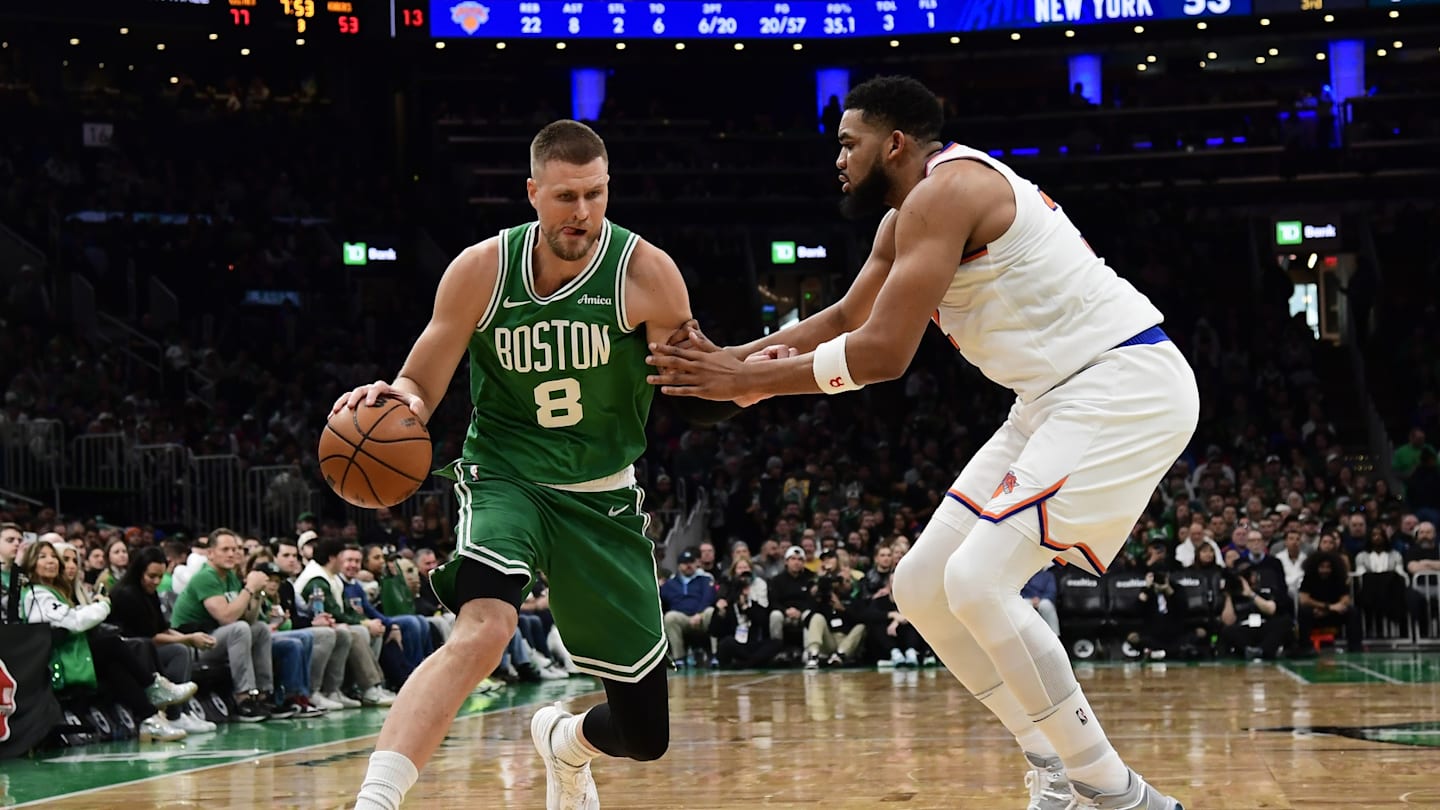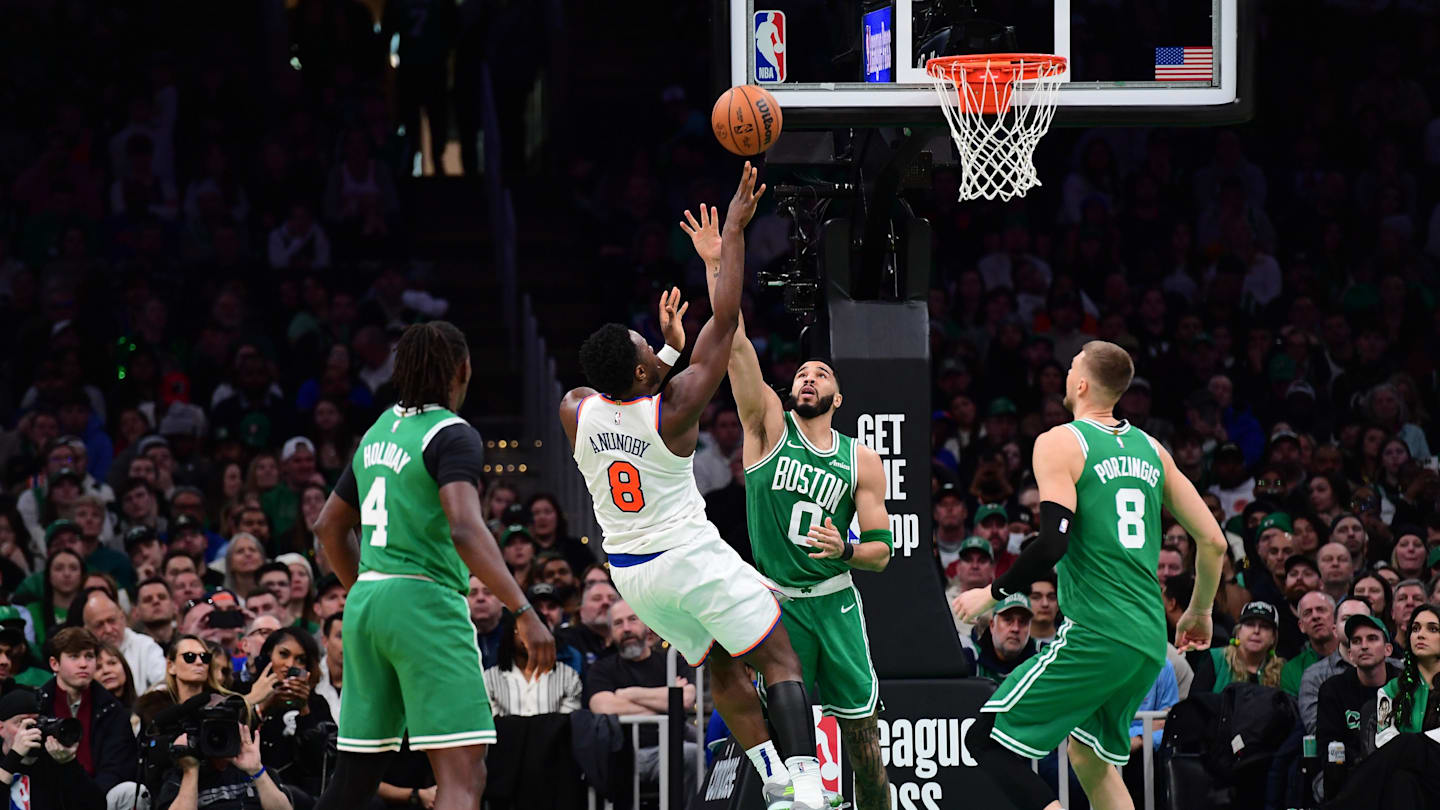The Heat bowing to Jimmy Butler’s trade demand proves NBA superstars have near-unlimited power

We talk a lot about “championship windows” in the NBA. Those four-to-five-year stretches when a team can plausibly win it all usually open out of nowhere, when a young team finds their footing or makes that final all-in trade. But they close just as suddenly. Teams fall apart, the league passes them by. Assets are stripped away in search of extending them, cap room disappears as a result of them, and then the stars holding the passage open get old before you knew they were aging. Windows are a merciless world.
For the Miami Heat, their window both opened and closed because of one man’s efforts: Jimmy Butler. Butler, who essentially made his way to the Heat by sheer force of will in 2019, then exerted the same force on the league to sneak in two NBA Finals runs no one expected, decided over eight meager days to put the last nail in the coffin by publicly demanding a trade.
The Heat organization —led (and embodied) by Pat Riley, perpetually in search of vindictive glory — responded first by saying they would not trade Butler, and then by suspending him for seven games for conduct “detrimental to the team.” But in sending Jimmy away, they also yielded to his demands. On Friday, in an extraordinary and possibly unprecedented bit of honesty in the very same statement suspending their disgruntled star, the Heat publicly acknowledged they were ready to deal him.
Butler’s saga is extraordinary, not because of the suspension or the trade demand, but because it has shown how utterly powerless even one of the most notoriously steely executives in NBA history is to stop a star player from getting what they want. Riley has been on a five-month warpath trying to gain the upper hand, possibly even believing that, because Butler is under contract, he could somehow force him to stay. But while Riley was raised in an NBA that saw superstars as the most valuable currency, Butler is showing that in today’s power economy, stars are able to trade teams more than teams are able to trade them.
Most chalk up the beginning of the “player empowerment” era to LeBron James and The Decision in 2010, but things intensified quite a bit when Kevin Durant requested a trade from the Brooklyn Nets with four guaranteed years remaining on his contract, and fresh off a three-year, $194 million extension. Until then, no player of Durant’s quality or standing had completely ignored a contract they had just signed the summer before and asked for a trade anyway. It was his desire to leave that mattered, and Durant felt no connection to the worthless piece of paper that said “Brooklyn Nets” on it. Hw knew someone else could pay that check, and the Phoenix Suns and Mat Ishbia proved him right.
But Butler’s situation is another level of escalation entirely. While his contract actually makes some sense to trade, the rapidity with which he flipped the Heat from “we are not trading you” to “ok, we’ll trade you,” is the most potent victory for player power to date. It took eight days — and a public feud between his agent and the league’s lead newsbreaker — but given how superstars exist on their respective teams, it’s surprising it took even that long.
NBA teams are non-functional without their star player. It’s like a boat without a sail or a car without an engine. They may still float or look pretty in a showroom, but they aren’t going anywhere. There is no equivalent outside of basketball; in the playoffs, a contender will rely on maybe seven guys to do everything for them, and most offenses are constructed around maximizing the output of the best player. If you’re trying to win, the superstar holds all the cards.
Butler understood that the Heat still wanted to win. He understood that Riley was nothing more than a decision-maker, and that Miami would do nothing without him because they can do nothing without him. So he took the initiative, and grabbed all the leverage in record time. The Heat can try to make him play, or they can suspend him, but no piece of paper in existence can force him to try, save for the contract extension they refuse to give him. Love it or hate it, Butler has the Heat in a headlock unless they commit an irresponsible amount of money to his future.
It’s true that Butler hasn’t fully won yet. His own personal power will automatically be checked against his ability to find a team willing to give him the extension that started this whole chronicle in the first place. But even without a new piece of paper, Butler has shown that NBA teams have completely and finally lost any ability to make a star play when they don’t want to. Even Heat Culture can’t stand up to superstar culture.
Related
NBA: Mark Cuban says he would have asked for more…
Feb 13, 2025; Dallas, Texas, USA; Mark Cuban laughs during the second half of the game between the Dallas Mavericks and Miami Heat at American Airlines
NBA Scout Reveals Why Celtics Can Easily Beats Knicks in…
The Boston Celtics are one of the teams who are expected to be a contender at the end of the season. They are the defending NBA champions, so they feel like the
Nikola Jokić gives peak Nikola Jokić interview with Scott Van…
Nikola Jokić is still rewriting the record books — and treating it like just another day at the office. In a 149-141 overtime win over the Phoenix Suns
Knicks’ Struggles vs. NBA’s Elite Explained
The New York Knicks are one of the best teams in the NBA, but as of late, they have been defined more by their struggles than their triumphs.The Knicks are 0-7











